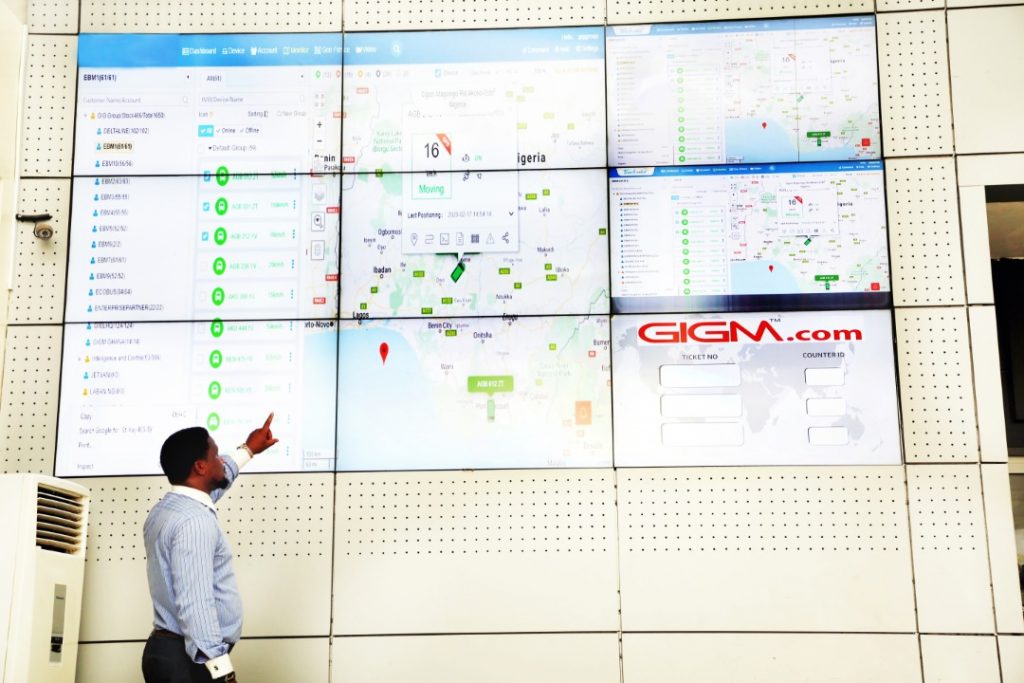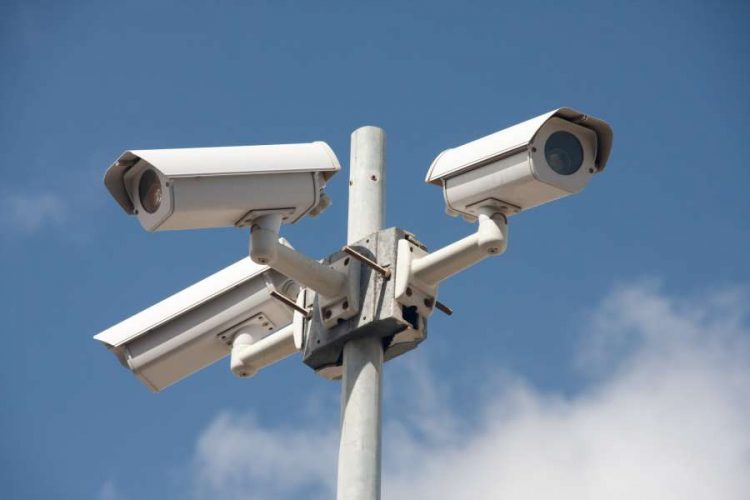In October 2019, the Lagos state governor, Babajide Sanwo-Olu made a case for what looks like tech-driven regulation for road transport in Lagos, referring to motorcycle-hailing companies “branded okadas” as a template for this development.
At that point, motorcycle hailing companies were operating in what has been referred to as a regulatory grey area.
Against this background, motorcycle-hailing companies have schmoozed with the state government amidst rumours of a pending licencing regime that would see them pay ₦25M yearly.
However, most recently, to regulate this branch of public transit, Lagos state has placed a ban on motorbikes and tricycles in major areas of Lagos, affecting the motorcycle-hailing companies and has sparked an outcry from them, summarised by the hashtag #RegulateNotBan.
This conversation on regulation, one that is tech-driven, is as relevant for general road transport in the whole country, as it is for commercial motorbikes in Lagos.


It is usual to find dying vehicles on Nigerian roads. Old beat-up buses that give the impression that the last bolt holding them together may fall off and spill paying passengers onto the road, perhaps right into the jaws of an oncoming vehicle with a defective brake and an untrained driver.
Thanks to the absence of government regulation in Nigeria’s road transport industry, the lives, limbs and properties of Nigerians who pay for road transport services are at risk in the hands of most service providers.
Transport is unavoidably connected to the physical, social, economic and even psychological wellbeing of humans in any society. From visits to the doctor and grocery markets to the transportation of essential goods and attending colourful parties, most Nigerians rely on public transport services to fulfil their life goals, one activity at a time.
And largely, the extent of development in any society reflects the state of its transport system. Think Hong Kong, London, Singapore, Zurich; although with their unique challenges, the sophistication of their transport systems that ensures easy and safe movement for the masses shows how advanced general human welfare is in these societies.


Road transport plays the biggest part in Nigeria. It makes up 90% of the transport sector’s contribution to the nation’s GDP. Yet, public transit on Nigerian roads is overwhelmingly provided by the private sector in Nigeria, with little government participation.
While gathering data for the transport sector in the country, the National Bureau of statistics acknowledged the challenge in the lack of regulatory oversight, stating:
“Road transport statistics is the most fragmentary of the four statistical segments of the transport sub-sector, the main reason being the absence of any Federal parastatal coordinating road transport activities as in the case of the Nigerian Railway Corporation, Nigerian Ports Authority or Federal Airports Authority of Nigeria.”
Technology presents the government with an opportunity to leapfrog regulation in interesting and efficient ways.
Consider this: GIG Mobility (GIGM) also known as God is Good Motors, has an automated monitoring system. From a remote location, desk officers at the company’s head office can tell how many passengers are loaded into a vehicle at any of their terminals across Nigeria and beyond, pinpoint the location of every vehicle in the network during travels and get instant alerts for over-speeding drivers.


Financial activities are monitored too, in realtime; bookings, costs and each bus’ revenue over given periods.
Ride-hailing platforms like Uber and Bolt running on a digital base also serve as good examples for tech-enabled regulation. They are able to track payments and the movement of cars to ensure compliance.
Now imagine the government leveraging a similar digital infrastructure to regulate the road transport space. Operators, mandated to run on digital systems like Uber or GIGM’s, with a regulatory body to monitor this data and with a capacity to analyse it and detect infractions.
It may be through an API that the regulator can use to pull data from the operator’s system, or periodic verifiable reports to the regulator, all needing very little physical intervention.
Tech-driven regulation may seem like utopia and unrealistic until we realise that regulators in other industries already operate such monitoring systems.
The NCC, for instance, maintains its regulatory oversight of the telecoms sector through monitoring and analysis of operating data it has easy access to because it is digitized. Similarly, the CBN leverages access to interbank systems, automated clearinghouses and payment switches to perform its regulatory role in the industry.


Even in road traffic management. In 2019, the long arm of the law -further extended and given eyes by technology- caught up with motorists in Lagos, thanks to Vehicle Inspection Service’s new feature, Automatic Number Plate Recognition (ANPR). It is a 24-hour camera across the state that detects vehicles with expired particulars by identifying their plate numbers.
Like Lagos state, some other states also begin to recognize the importance of leveraging technology in their regulatory function and are beginning to implement such changes. The advantages are numerous, including better and improved data sets for a clearer picture of the industry, easy integration with other aspects of the economy, such as the banking system for financial inclusion.


Government tolls and taxes will also be easily computed and collected. Entry requirements that enforce a digital system for every operator can ensure that the government has a clear picture of the revenue generated by each operator and what is due in taxes.
At the moment, road transport in Nigeria is a free-for-all terrain where everyone can partake, including unscrupulous operators looking to only make profits without providing satisfactory services, transport unions who principally care for the taxes they can extract from operators, and corrupt traffic/road agency officials.
Providers who provide quality services suffer the most from these and also battle infrastructural challenges already present in the country.
Regulation, facilitated by tech, seems the obvious way to leapfrog the disarray in the sector to promote high standard road transport for consumers and a thriving business environment for operators and the government.







